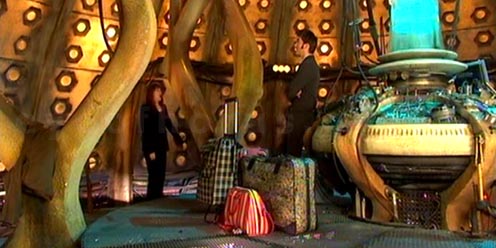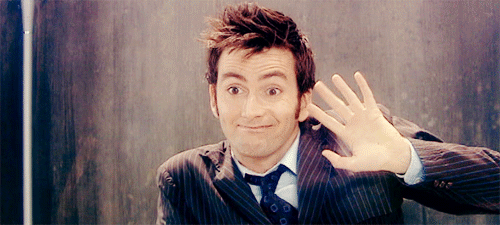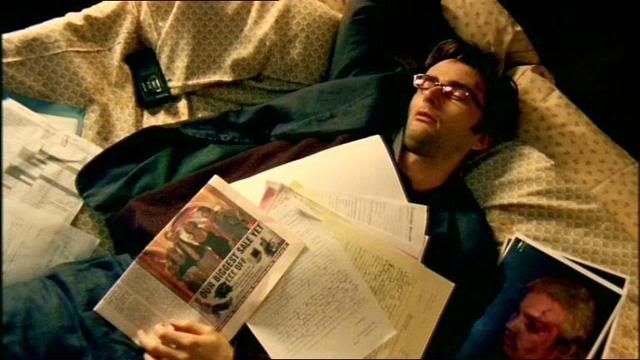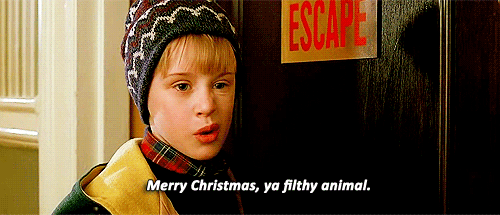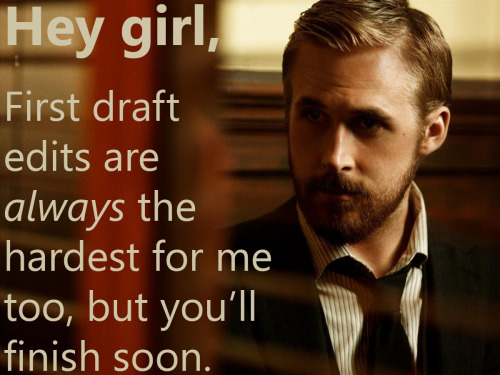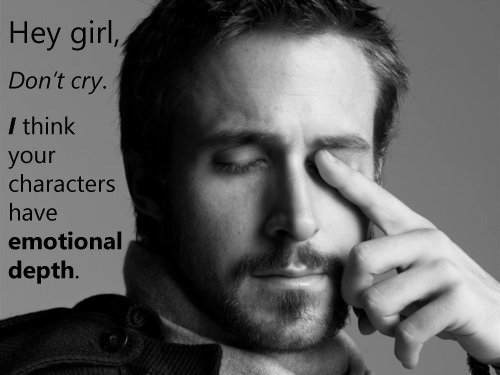The next step for me was to figure out, okay, what is the smoke made out of, so that Juliette could maybe do some cool science thing with her magic to take out the smoke. But I don't know anything about smoke, so off to Google I went! And here's what I learned:
1. There are lots and lots of different kinds of smoke screens.
2. I initially ditched tear gas in favor of a general smoke screen, thinking that whatever smoke was made out of, it was surely less toxic. Nope. One kind of smoke, which is zinc chloride based, can cause "lesions of the mucous membranes of the upper airways… In high concentrations the smoke can be very dangerous when inhaled. Symptoms include dyspnea, retrosternal pain, hoarseness, stridor, lachrymation, cough, expectoration, and in some cases haemoptysis. Delayedpulmonary edema, cyanosis or bronchopneumonia may develop. The smoke and the spent canisters contain suspected carcinogens."
Since I didn't want the scene to finish with, "And then everyone died. The End.", I decided to go with a different substance.
3. I don't remember any of the two years of chemistry I took in college.
4. "In theory, every soluble pure solid compound can be crystallized to give single crystals suitable for X-ray diffraction studies."
5. I don't have kids, and I want to do this crystal-based project for Christmas.
6. I'm easily distracted.
7. Sheena found this amazing video:
Sheena: "That robber in a ninja outfit."
Me: "The sad life of a ninja in the modern world, turned to robbery, having their own ninja tricks turned against them…"
Bonus YouTube comment: "Well sir the robbers did manage to steal a couple of items. Let's just review the security footage so we can identify them..... oh wait"
8. There is no way I can find an easy answer on a chemical process to neutralize smoke in the way I'm envisioning.
Unfortunately, that's where my research ended. And it still kind of bothered me that I didn't have a scientifically sound answer for what to do. I mean, I hate it when people get science things wrong. As a prime example, you know how every time you see a bald eagle in a movie, it makes this killer scream? Well, that's not an eagle. It's a red-tailed hawk sound.
Though I don't entirely blame them, given the actual sounds bald eagles make.
Anyway, I know that the whole point of magic is that it defies the laws of science, but I still wasn’t satisfied. But then I remembered the best kind of solution for a science project: ask an expert. So thank you again, MaryAnn, for patiently answering my silly chemistry question, and allowing my mind to be at ease. At least until the next research topic appears.




